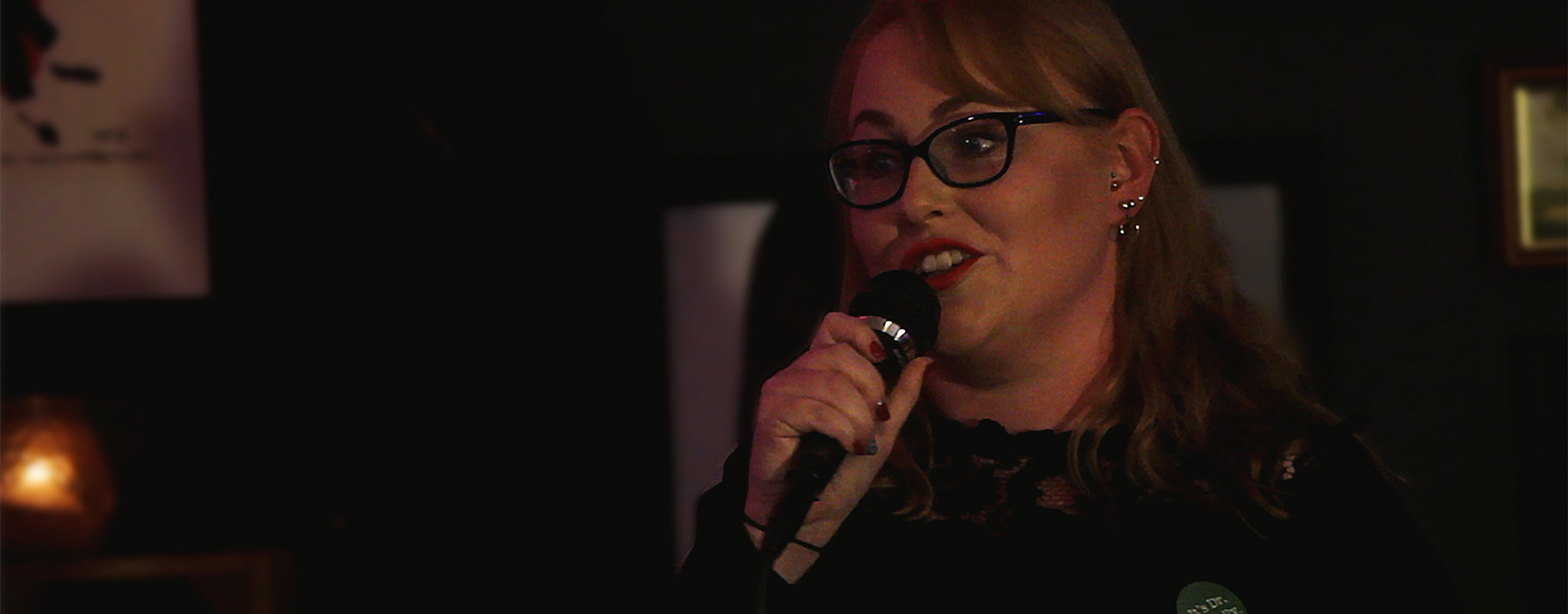For those of you who don’t know what or who Bright Club is, listen up because you’re missing out on something very special. It’s a variety night for lateral minds, where academics use comedy to communicate their research and experiences in the world of academia to a public audience.
Each event is different and can feature academics from all departments ranging from the physical sciences and mathematics to humanities and the social sciences. The night also features professional comedians and musicians. The concept originated in the UK, but arrived in Ireland in 2015 and now has regular events taking place in Dublin, Galway, Cork, Athlone, Limerick, Sligo and Monaghan.
Bright Club was introduced to Ireland by Jessamyn Fairfield, a physicist at NUI Galway, whose passion for comedy as a tool to engage the public in scientific research has encouraged over 120 academics to join her Bright Club. She believes that the skills these researchers learn and cultivate are useful both on the night and in enhancing their own teaching, presenting and research. It also allows for collaboration between researchers from different fields, institutions and colleges around the country and offers an opportunity for them to share their experiences together, both personal and professional.
The idea to use comedy to communicate science might seem a bit strange. However, educational research suggests that comedy used effectively in the classroom can improve student performance by reducing anxiety, boosting participation and increasing students’ motivation to focus on the material. So why not try this with science communication and public engagement? Fairfield expresses eloquently similar ideologies in her TedxTalk as she explains that comedy can help people encourage new ways of thinking about the world we live in, about complex scientific ideas, and about each other as humans.
I came across Bright Club on social media and it sounded like a fun night out. I attended an event in Galway shortly afterwards and was blown away by the whole thing. There was so much to take in. As an academic, it was exciting to listen all about the incredible research that was going on in the city. As a member of the public, I learned so much about things I didn’t know and in such a fun way. I was also impressed by the courage and skill of the academic speakers to get up and attempt stand-up comedy. Who knew physicists could be funny?
Presenting and public speaking are things I would engage in regularly as an academic, but attempting to be funny in public is something completely different! I knew I had to try this and challenge myself and so I signed up. Áine Gallagher, a seasoned comedian herself, provided a great training session a week prior to the event. Without our usual trusty presentation aids PowerPoint or Prezi, we really had to think outside the box when describing our research to each other. Not easy!
Then came the comedy part. Áine told us that the aim of the night was to convey our research and topics with confidence and clarity and that the comedy would be a natural bi-product of that. And just like that, we graduated from comedy school in two hours.
My first night on the stage was in December 2018 at The Black Gate in Galway, with Jessamyn as the MC. It was quite possibly one of the most terrifying and exhilarating nights of my life. We learned how to hold the microphone properly and waited anxiously as the room began to fill with people from all walks of life. I began to get very nervous – will everyone understand what I’m talking about? Will I communicate my research effectively? Will I get a laugh? And then Jessamyn introduced my name and there was no turning back…
I think academics are merited on status and by being serious, because of course, only serious academics can only be taken seriously. So how can academics engage with the public if the public cannot see themselves on the same level with academics? Comedy allows for a common ground between academics and the public and so even the most complex of scientific ideas can be explained and understood. The night opened my eyes to a whole new world of communication. The laughter and enjoyment by everyone broke down the barriers between the speaker and the audience and everyone was able to be part of the conversation, the science conversation.
This post by Fiona Malone, a Biomedical Engineer Postdoctoral Research Fellow at Galway Mayo Institute of Technology, was originally published on RTÉ Brainstorm.

